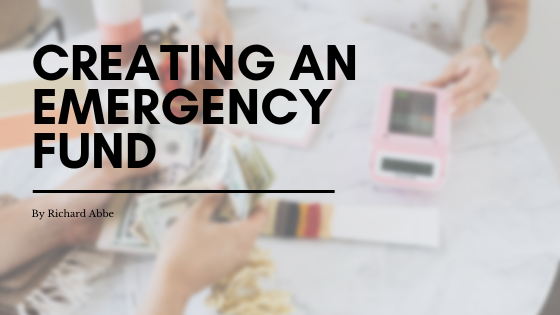Millions of Americans are currently trying to work their way out of debt. They often feel as though they are drowning in new interest payments and late fees. They need something to anchor their financial strategy and help them gain control of their financial lives. An emergency fund is an important first step in this process. Emergency funds help individuals keep their way out of the cycle of new debt and ensure that they have enough to take care of life’s inevitable financial challenges.
Why have an emergency fund?
Every person who is financially independent needs to have an emergency fund. The emergency fund can be essential for keeping them out of debt and away from financial ruin. Emergency funds can be used whenever an individual has a considerable payment that suddenly appears and has to be covered. They can be utilized for severe car repairs and medical issues. Without an emergency fund, a person would simply have to put these charges on top of the debt that they have already accrued. Then, their financial situation is even more daunting and they are put behind again.
What to do
Emergency funds need to be built up as soon as possible with the help of a budget. A person with excess money in their checking account should move that money into their savings the moment it is possible. Then, they should continue building the amount up until they have three to six months of their income saved. After they have reached that threshold, they can add to the amounts in bits and pieces if they want it higher to protect their peace of mind. Their primary financial focus, however, should be on making sure that their excess funds go straight to paying off their debts as quickly as possible. They can always fall back on the emergency fund once it is funded above a basic threshold.
Conclusion
An emergency fund needs to be a central priority for anyone who wants to put debt and financial insecurity in their past. It is less of an amenity and more of a necessity. The acquisition of an emergency fund should be the top priority for a family even if that family is in debt. It will help pay dividends even if it is not used by an individual or their family for many years.

